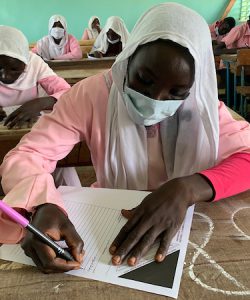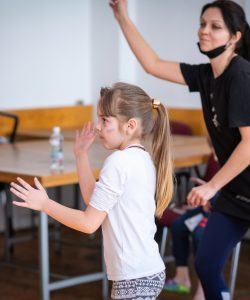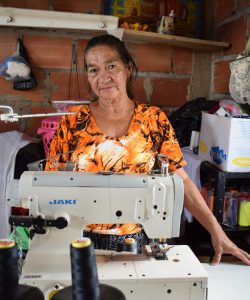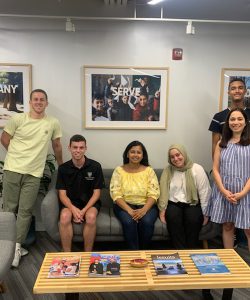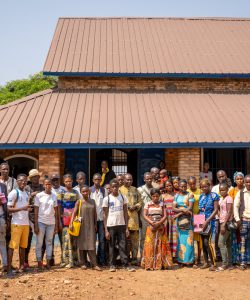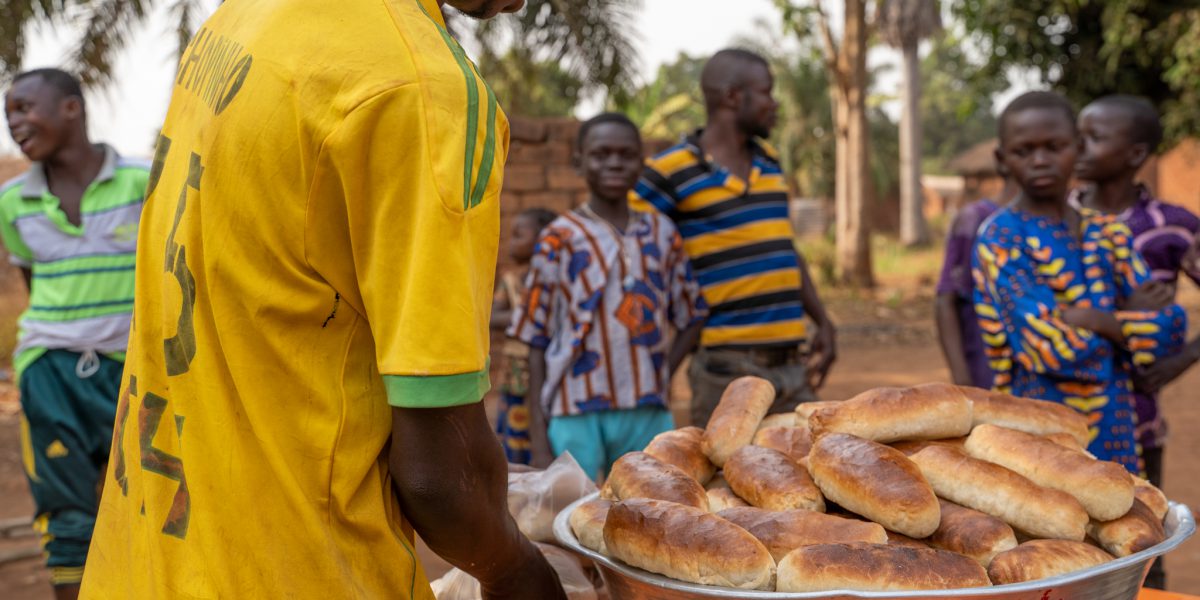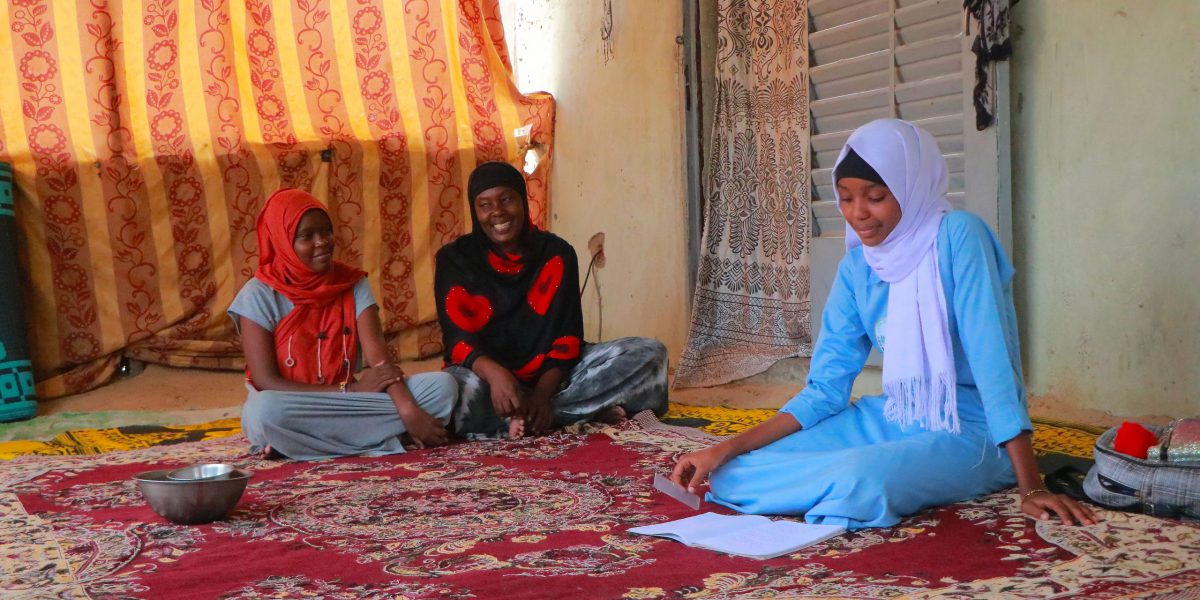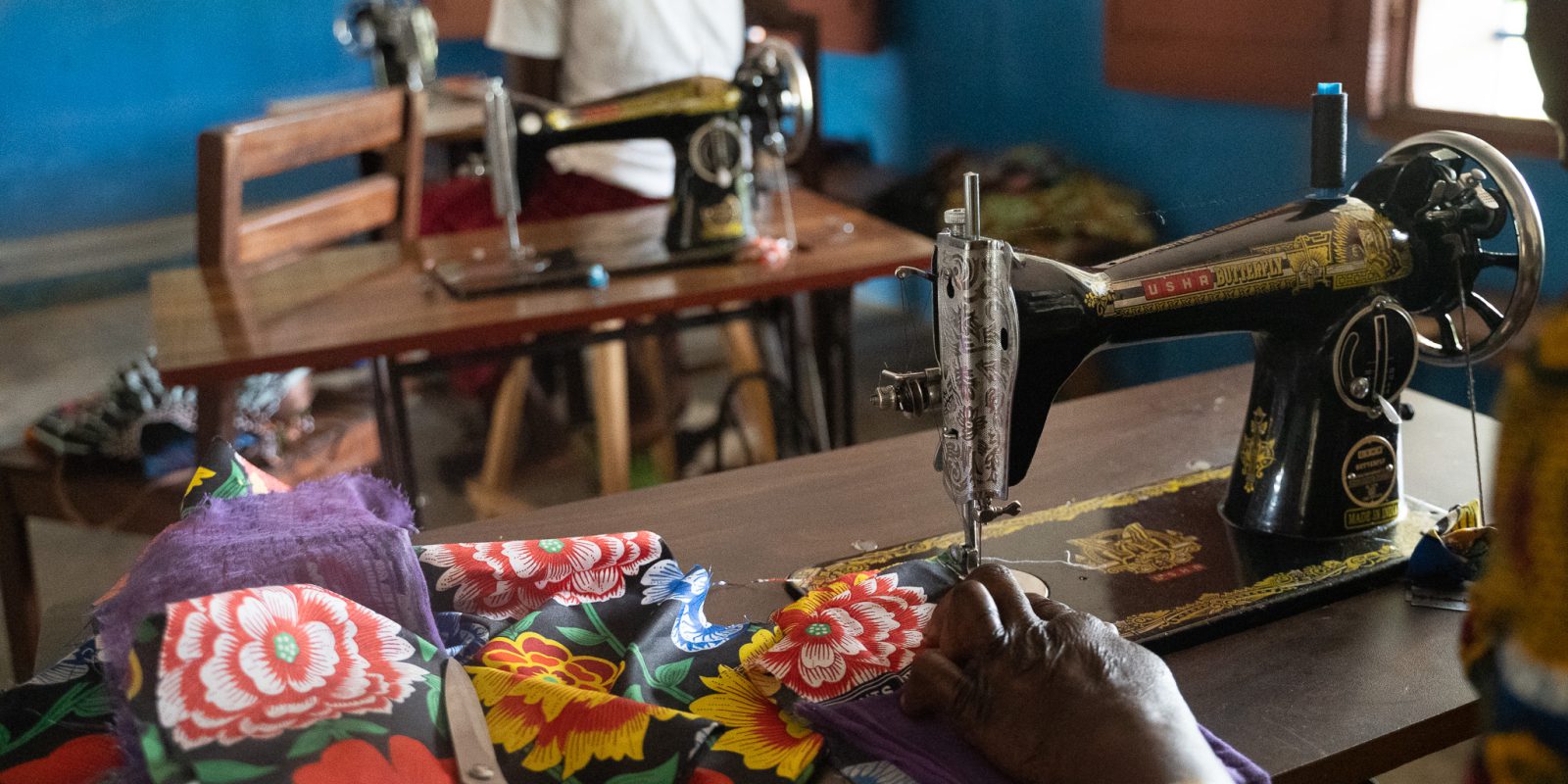Central African Republic
Our work in Central African Republic
Since 2013, hundreds of thousands of people have been forced to leave their homes due to violence and civil unrest in the Central African Republic (CAR). Emergency efforts have been poorly funded and many refugees and IDPs have lacked even basic assistance – food, health care, shelter, and water. The increase in population in the return areas has put major pressure on reception capacity and basic social services.
Protection, school construction or rehabilitation, peaceful cohabitation, support for young people and livelihoods, are needed and identified as priorities. Women and children are at the most risk of abuse, recruitment, and exploitation by armed groups in this context.
The JRS CAR country office is in Bangui, where JRS supports the communities by providing education, social cohesion, reconciliation, and interreligious dialogue.
Since April 2020, JRS has been conducting a radio program in the Lobaye and Ouaka regions to ensure children continue learning despite the Covid-19 pandemic. This program, reaching more than 3500 children and 1500 adults, also offers awareness campaigns on the importance of girls’ education, child protection, and barrier gestures against the Covid-19

